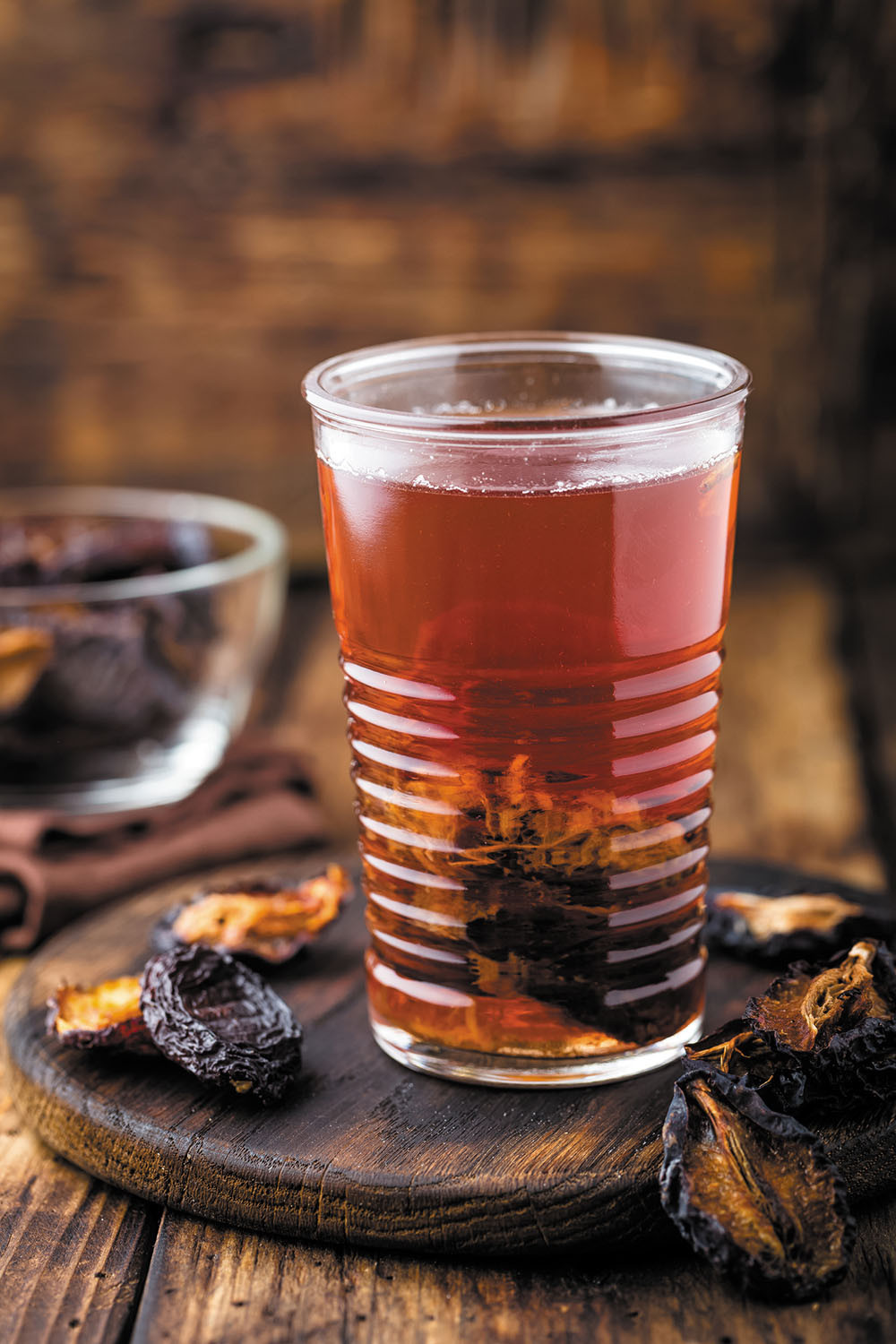
5 timeless habits for better health

What are the symptoms of prostate cancer?

Is your breakfast cereal healthy?

When pain signals an emergency: Symptoms you should never ignore

Does exercise give you energy?

Acupuncture for pain relief: How it works and what to expect

How to avoid jet lag: Tips for staying alert when you travel

Biofeedback therapy: How it works and how it can help relieve pain

Best vitamins and minerals for energy

Should you take probiotics with antibiotics?
Healthy Eating Archive
Articles
Can eating potassium-rich foods lower my blood pressure?
When it comes to managing high blood pressure, the average American consumes too much sodium and too little potassium. Reversing this imbalance could help control high blood pressure which could, in turn, lead to fewer heart attacks, strokes, and deaths from heart disease.
The skinny on fatty liver
The body's second largest organ, the liver is responsible for more than 500 bodily functions. One of the liver's greatest threats is nonalcoholic fatty liver disease (NAFLD), an umbrella term that includes several forms of liver disease. Most people with NAFLD have a type known as simple fatty liver. However, up to 20% of people with NAFLD develop inflammation in the liver known as nonalcoholic steatohepatitis (NASH). Left unchecked, this more dangerous form can progress into fibrosis (scarring) and potentially cirrhosis (severe scarring and liver damage). Lifestyle changes, such as weight loss, increasing exercise, and adopting a plant-based diet are the best means to manage and prevent NAFLD.
Heavy metals found in popular brands of dark chocolate
Popular brands of dark chocolate (which is often touted as heart-healthy) may contain potentially worrisome levels of lead and cadmium. Consistent, long-term exposure to these heavy metals has been linked to cardiovascular disease.
Energy-boosting coffee alternatives: What to know
Beverages that promise similar energy perks and health benefits as coffee and tea are growing in popularity. Often marketed as wellness drinks, how do these alternatives stack up nutritionally?
Does your child need to gain weight?
Weight can be a sensitive topic with children and teens, and sometimes a child needs to gain some weight. Checking with your doctor before working on adding weight and emphasizing healthy, high-calorie foods are important.
Easy ways to keep inflammation in check
Certain healthy habits can fight chronic inflammation, such as eating a healthy diet, exercising regularly, getting enough sleep, maintaining good oral health, and reducing stress. If adopting all those habits seems daunting, taking little steps in their direction can help. For example, a person might eat fatty fish twice a week, since it contains omega-3 fatty acids known to reduce inflammation; or go for a quick daily walk, since exercise may increase the production of hormones that help keep inflammation in check. The combined effects of many little habits can eventually add up to keep people healthier.
Sugary drinks may raise levels of unhealthy blood fats
Sugary drinks—the biggest source of added sugar in the American diet—have been linked to higher levels of LDL cholesterol and other unhealthy fats in the bloodstream.
Choosing heart-healthy oils for home cooking
Some social media posts suggest that seed oils (such as canola, safflower, and sunflower oils) are responsible for a host of health problems, including obesity, diabetes, and even heart disease. But there's scant scientific evidence to support these claims. Seed oils are rich in unsaturated fatty acids, which are linked to a lower risk of heart disease when substituted for saturated fats (found mainly in animal-based foods such as butter, cheese, and meat).
Surprising foods that boost bone health
Prunes boost not only digestion but bone health as well, according to a 2022 study. Most foods touted for bone health are high in calcium. Vitamin D helps the body absorb calcium. Other surprising foods that either build bone or hinder bone loss include dried figs, canned salmon, plant milks, tofu, almonds and almond butter, and white beans. People can tally their average daily calcium consumption by reading food and drink labels. Supplements can help make up any shortfall.
Prune juice for constipation? A new study says yes
Drinking about one cup of prune juice daily may help relieve chronic constipation, according to a 2022 study.

5 timeless habits for better health

What are the symptoms of prostate cancer?

Is your breakfast cereal healthy?

When pain signals an emergency: Symptoms you should never ignore

Does exercise give you energy?

Acupuncture for pain relief: How it works and what to expect

How to avoid jet lag: Tips for staying alert when you travel

Biofeedback therapy: How it works and how it can help relieve pain

Best vitamins and minerals for energy

Should you take probiotics with antibiotics?
Free Healthbeat Signup
Get the latest in health news delivered to your inbox!
Sign Up











